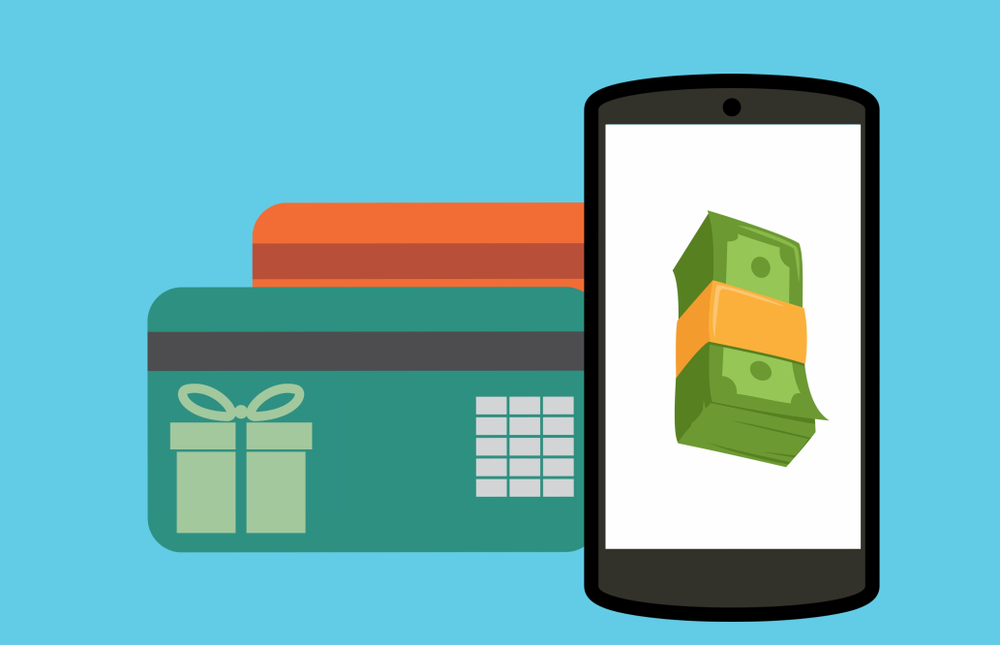What is Payment Gateway Software?
A payment gateway software is a technology solution that enables businesses to securely process financial transactions from their customers over the internet. It acts as an intermediary between the customer’s payment information and the merchant’s bank account.
Payment gateway software provides a convenient and safe way for businesses to accept online payments. It encrypts sensitive financial information such as credit card numbers, and ensures that it is transmitted securely between the customer, the merchant, and the bank.
When a customer initiates a payment, the payment gateway software verifies the validity of the payment information and requests authorization from the customer’s bank to complete the transaction. Once the payment is approved, the payment gateway software transfers the funds from the customer’s account to the merchant’s account.
Payment gateway software is commonly used by e-commerce businesses, but can also be used by brick-and-mortar stores to process payments made by customers through mobile or online channels. The software can support various payment methods including credit cards, debit cards, and digital wallets.
There are various payment gateway software options available in the market, each with their own unique features and pricing models.
What Parties Are Involved in Payment Gateway Software?
There are several parties involved with making a payment gateway software function properly. These parties include:
- The merchant (business). A merchant is the party that sells goods or services and accepts payments through a payment gateway. They integrate the payment gateway into their website or mobile app to process payments from customers
- The customer. A customer is the party that purchases goods or services from the merchant and initiates a payment through the payment gateway. They enter their payment details on the payment page to complete the transaction
- Payment gateway provider. A payment gateway provider is a third-party service provider that facilitates the payment transaction between the merchant and the customer. They offer the software and infrastructure required to securely process online payments and transfer funds from the customer’s bank account to the merchant’s bank account
- Issuing bank. The issuing bank is the financial institution that issues the credit or debit card to the customer. They authorize the payment transaction and transfer the funds from the customer’s bank account to the payment gateway provider
- Acquiring bank. The acquiring bank is the financial institution that maintains the merchant’s bank account and receives the funds from the payment gateway provider on behalf of the merchant
- Card associations. Card associations, such as Visa and Mastercard, are the governing bodies that regulate the use of their payment networks. They set the rules and standards for payment processing and charge interchange fees for each transaction
In a quick summary, payment gateway software involves the merchant, customer, payment gateway provider, issuing bank, acquiring bank, and card associations. These parties work together to ensure that payment transactions are processed securely and efficiently.
How Does Payment Gateway Software Work?
In order to make sure payment gateway software is running properly and the business and customers are getting the best experience, it is essential to understand how payment gateway software works.
- When a customer is ready to make a purchase on an e-commerce website, they will add an item to their cart on the business’s website and click the checkout button. Next, they will be prompted to provide payment information, such as their credit card number, expiration date, security code, name, and sometimes zip code or full address.
- After the customer inputs their information, the payment gateway software encrypts the customer’s payment information to prevent unauthorized access or interception. Encryption is the process of converting data into an unreadable format that can only be decrypted with a specific key.
- The encrypted payment information is then sent securely over the internet to the payment gateway server, where it is decrypted and processed.
- The payment gateway software checks the payment information against fraud detection tools and the card issuer’s databases to ensure that the transaction is legitimate and that the customer has sufficient funds to complete the purchase.
- If the payment information is verified and the transaction is approved, the payment gateway software authorizes the payment and sends a confirmation message to the business’s website.
- The payment gateway software transfers the funds from the customer’s bank account to the business’s bank account. This process typically takes a few business days to complete, depending on the payment gateway provider and the business’s bank.
Payment gateway software is a crucial component of online payment processing, ensuring that customer payment information is kept safe and secure while enabling merchants to efficiently and securely process online transactions.

Different Types of Payment Gateway Software
There are many different types of payment gateway software available. To choose the best one, it is essential to know what they all are and the features they offer.
Hosted Payment Gateway Software
In this type of payment gateway, the payment processing is handled on the server of the payment gateway provider. This means that the merchant does not need to handle sensitive customer information or store credit card data.
Self-Hosted Payment Gateway Software
This type of payment gateway allows the merchant to host the payment processing on their own server. Self-hosted payment gateways provide more control over the payment process, but require more technical expertise to set up and maintain.
API Payment Gateway Software
Application Programming Interface (API) payment gateways allow developers to integrate payment processing into their own software. This type of payment gateway software provides more flexibility and customization options for the merchant, but requires more technical knowledge to implement.
Mobile Payment Gateway Software
Mobile payment gateway software is designed specifically for processing payments through mobile devices. This type of payment gateway often uses Near Field Communication (NFC) technology, allowing customers to pay by tapping their mobile device on a payment terminal.
Virtual Payment Gateway Software
Virtual terminal payment gateways allow merchants to accept payments by manually entering credit card information into an online terminal. This type of payment gateway is useful for merchants who do not have a physical storefront or need to process payments remotely.
Choosing the Right Payment Gateway Software
Choosing the right payment gateway software is crucial for any business that wants to accept payments online. Below are the top five factors to be considered when choosing the right payment gateway software.
First, consider the security of the payment gateway software. It should be secure and protect sensitive data such as credit card numbers and personal information. Look for payment gateways that are compliant with PCI-DSS standards and have robust fraud detection and prevention measures.
Integration is also an important factor to consider. The payment gateway software should integrate seamlessly with your website or mobile app. Check if the payment gateway supports the programming language and platform currently used by the website or mobile app.
Pay attention to the payment methods accepted by the payment gateway software. The more payment methods accepted, the more likely customers can use their preferred payment method and keep coming back to purchase from the business.
Next, look at the cost of each payment gateway software. The payment gateway may charge fees for transactions, monthly or annual fees, setup fees, and other charges. Look for payment gateways that have transparent pricing, reasonable fees, and are in the business’s budget.
Finally, look into the reviews of the different payment gateways to see what their customer service is like. It is important for the provider to offer reliable support and have multiple ways to get a hold of them if something goes wrong and needs fixed quickly.
By considering the factors mentioned above, the business can easily select a payment gateway that meets their needs and helps them provide a smooth and secure payment experience to their customers.

Benefits of Using a Payment Gateway Software
Payment gateway software is a crucial component for any business that accepts online payments. It serves as a secure and reliable intermediary between the business and the customer’s financial institution, ensuring that payments are processed quickly and securely.
Here are some of the key benefits of using a payment gateway software:
- Enhanced security measures. Payment gateway software is designed to provide robust security features that protect sensitive customer information and financial data. It uses encryption technology to secure transactions and ensures that all data is transmitted in a safe and secure manner
- Increased efficiency. Payment gateway software streamlines the payment process by automating many of the steps involved. This reduces the need for manual intervention, saves time, and increases the efficiency of the payment process
- Expanded customer base. Payment gateway software makes it possible to accept payments from customers all over the world with international capability. This can help to expand a business’s customer base, as customers from different regions and countries can easily make payments using the software
- Improved cash flow. Payment gateway software enables businesses to receive payments quickly and efficiently, which can help to improve cash flow. This can be especially important for small businesses that rely on timely payments to stay afloat
- Customizable. Payment gateway software is highly customizable and can be tailored to meet the specific needs of a business. This includes features such as fraud detection, recurring payments, and subscription billing, which can all be customized to fit the needs of the business
- Better customer experience. Payment gateway software provides a seamless and hassle-free payment experience for customers. This can help to improve customer satisfaction, which can in turn lead to increased customer loyalty and repeat business
- Cost-effective. Payment gateway software is often more cost-effective than traditional payment methods, such as checks or wire transfers. This can help businesses to save money on transaction fees and other costs associated with accepting payments
Payment gateway software is a valuable tool for businesses that want to streamline their payment processes, improve security, and expand their customer base. It provides a wide range of benefits that can help to improve efficiency, increase revenue, and enhance the overall customer experience.

Use Bankful for All Your Payment Gateway Software Needs!
Bankful is a great option for businesses of all sizes to start processing payments with a payment gateway software almost instantly! Sign up and start accepting payments today.

